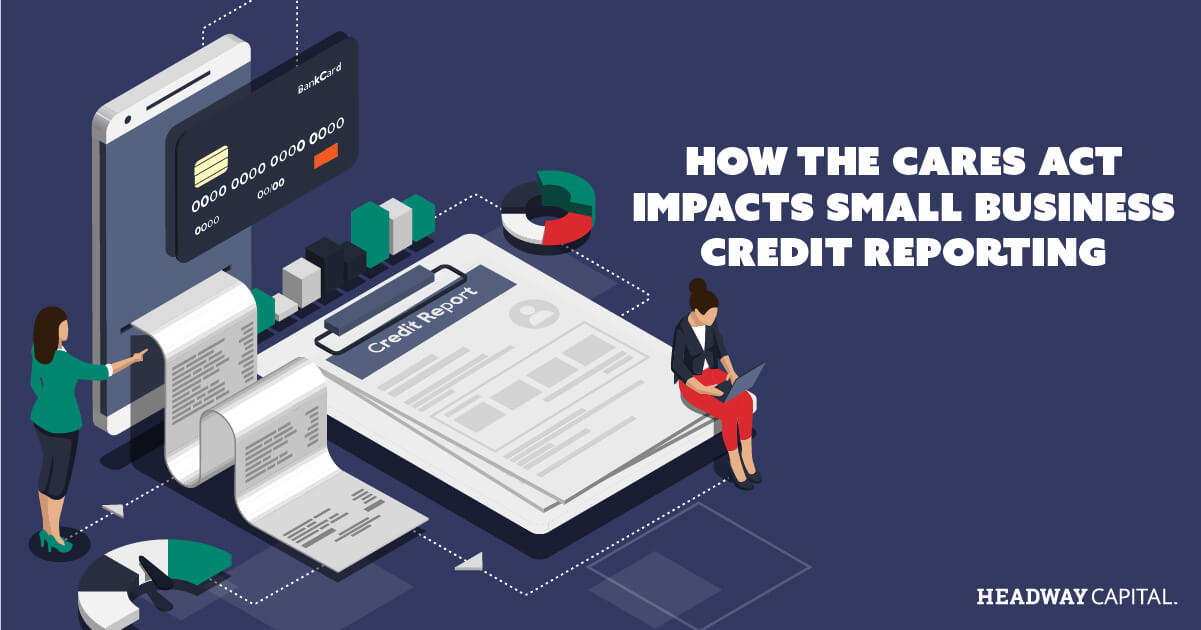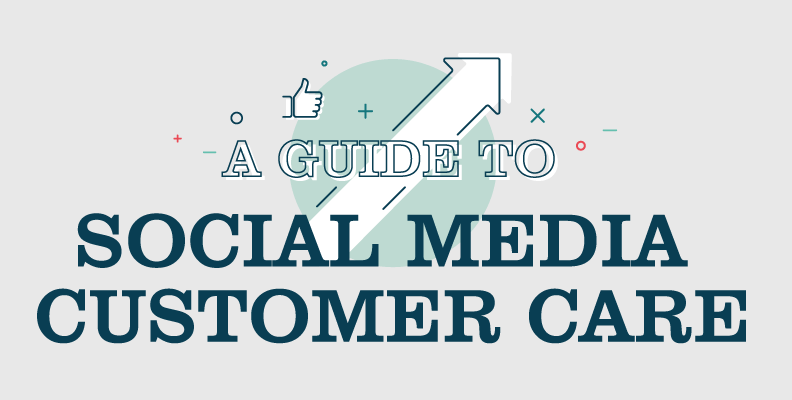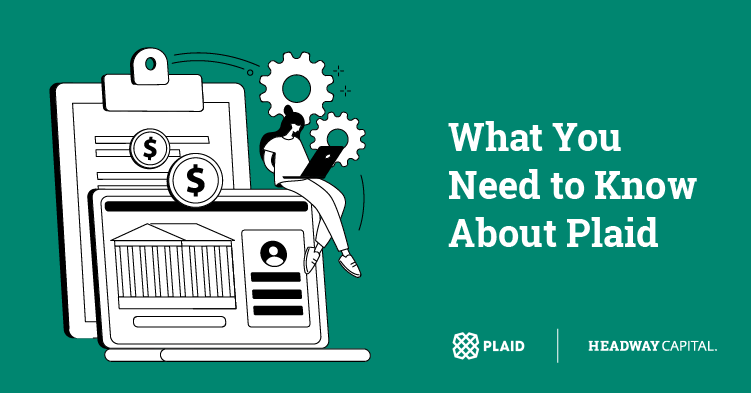How Does COVID-19 Impact Credit Reporting for Small Business Owners?
The COVID-19 crisis has had a widescale effect on the global healthcare system, but the effects are much further reaching than that. For the time being, much of our lives have been put on hold, which has wreaked havoc on the economy. The financial effect of the crisis has put many businesses across the world, big or small, at a standstill.
The CARES Act was passed in order to mitigate the financial damage of the crisis, from small business relief to stimulus checks for many Americans. One of those changes involves consumer credit reporting. While business credit reporting isn’t specifically covered in the act, many entrepreneurs use personal credit sources to start or fund smaller companies. Here’s what you need to know about the new CARES Act credit guidelines.
How Does the CARES Act Affect Personal Credit?
Part of the CARES Act temporarily changes consumer credit reporting guidelines by providing more options for those who have been financially impacted by the COVID-19 crisis. People who have experienced financial hardship during the act’s duration are encouraged to work with their creditors to make a more favorable CARES Act agreement if they’re unable to make one or more payments. It’s not clear exactly when the COVID-19 crisis will end, so the act’s duration is conditional.
These new guidelines also prevent information furnishers from reporting negative information to credit reporting bureaus as long as borrowers maintain their financial responsibility of the new agreement. This means that borrowers can still maintain a “current” status with their creditor(s) if their finances are suffering due to COVID-19.
While the act has temporarily changed consumer credit reporting guidelines, at this time, business credit reporting remains the same. Consumer or personal credit is separate from business credit, but some small business owners may use personal credit sources for funding if their company is too new or otherwise not approved for business credit.
What Do Credit Furnishers Need to Know?
The CFPB encourages credit furnishers to continue providing accurate financial information to the major bureaus. If you’re a small business that works with credit reporting bureaus, you may receive payment amendment requests for the duration of the act, such as temporarily lowering or skipping payments. And if you negotiate a new payment agreement, you must report the account as “current” as long as the new terms are met. However, if an account was previously delinquent, it can still be reported as past due under a CARES Act agreement unless that account is brought up-to-date.
What If I Don’t Provide Information to Credit Reporting Bureaus?
Due to the widescale impact of the crisis, it’s important to note that you still may receive payment amendment requests even if you don’t work with credit reporting bureaus. If you make a new agreement, make sure that you can follow through with its terms.
Can I Make CARES Act Payment Amendment Requests?
If your personal finances have suffered due to COVID-19, you’re encouraged to contact your creditors to negotiate a new payment agreement. It’s also important to note that you’re still responsible for outstanding debt in a CARES Act agreement, and that you should still try to make payments whenever possible.
And since your small business income has likely taken a hit, you still might be able to negotiate better terms with venders, suppliers or other companies you work with. While the specific guidelines of the CARES Act refer to personal credit rather than business credit, you should still try to be proactive in managing your finances or reducing your budget if necessary.
Resources to Help Protect Your Finances
Although the situation is ongoing, you can still use this time to learn new skills and prepare your business for the future.
To learn more about COVID-19, SBA loans and the CARES Act, read these blogs:
- Coronavirus SBA Loans: What You Need to Know Right Now
- What the CARES Act Means for Your Business
- Coronavirus Small Business Scams: How to Protect Yourself






